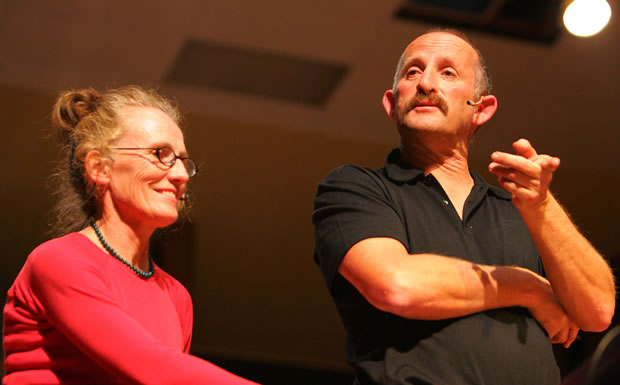In order to be effective and sustainable, public policy requires to be built on solid foundations and the best way to ensure this is a well-informed public. After all it is the public that votes in governments and makes choices on what policies they want. It is then left to the politicians and their advisers to state and implement the optimal policies to maximise the public benefit.
In a democracy however one of the problems members of the public face is getting access to well-communicated research which they can use to form their views. Certainly the government sector itself will on occasion provide that information. But at times there develop gaps in the market for knowledge pertinent to those issues of the day which public policy is called to address.
We see a role for sponsoring such research and disseminating it to the public. Examples of such material which the Foundation has funded and is currently funding include;
- The science of climate change. A book, Poles Apart that outlines the scientific evidence for and against the proposition that anthropogenic global warming is a substantial issue and requires public policy responses. Published 2009.
- The effectiveness of public health policy in New Zealand. Research targeted at measuring how strong the outcomes are from our public health system and where and how New Zealanders might get better outcomes from the taxpayer dollars allocated this sector. The book, Health Cheque published 2009, and followed up by Prescription for Change looks at how the sector can better deliver.
- Care of the ocean. These cover 70% of the world’s surface but the public in general is quite ignorant about the state of our oceans. Hook, Line and Blinkers (2011) look at the role of oceans, the stresses they are under, the diminution of the global fish stock, and how New Zealand’s fisheries management has slipped from the position of world leader.
- New Zealand’s tax and welfare system.Largely the result of a legacy of stepwise changes, our tax and welfare system is notable in its complexity, confused in its objectives, and perverse in its incentives. The Big Kahuna (2011) looks at how it can be simply fixed, clarified, meet coherent objectives and be consistent with both economic efficiency and equity.
- Prospects for Antarctica, the Southern Ocean and our sub-Antarctic islands. A trio of pressures are being exerted on the region to the south of New Zealand – from climate change, decreasing biodiversity and the race for resources. We have funded a major investigative and communications project for 2012 which involves a 30 day expedition to the region for 50 New Zealanders, comprising 10 of the country’s leading scientists and technical experts with specialist knowledge of these challenges, and 40 Kiwis keen to learn more about the challenges and to communicate those to their fellow New Zealanders. There are 4 books and a movie and numerous online communications under the “Our Far South“. The books are Ice, Mice and Men; A Happy Feat; Shackleton Bear Goes South: Our Far South;
- Our problem with food – when we completed the Health Cheque study in2009 it was clear that a dollar spent on preventative health yielded a far higher return than spending money once people have contracted diseases. Nowhere is this more apparent than in the burgeoning problem of obesity. Based on that finding we decided to look at the issue with food, is it what we eat, how much we eat, or both that has led to the obesity epidemic and what can we and policy do about that. “Appetite for Destruction” was published in 2013.
- The future of New Zealand’s bicultural society. In preparation over 2013 this book is considering the prospects for New Zealand’s unique bicultural society in light of the post-1975 renaissance of the Treaty of Waitangi, population growth that is significantly from immigration, the ongoing poor health, education and economic indicators for Maori.
All books published in this series can be bought online at http://garethsworld.com/shop/ and we are progressively converting to them to ebook format as well.

